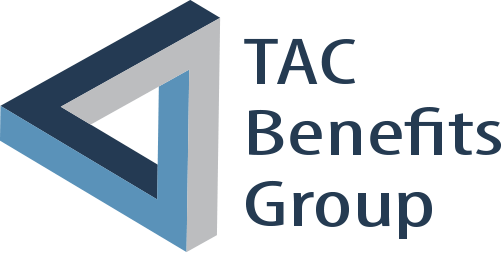If you are self-funding your employee healthcare plan, read on. There’s a new requirement to disclose information about your plan, and let’s just say, it can be complicated.
The new rule comes from the Consolidated Appropriations Act (CAA), which was signed into law on December 27, 2020. Buried in the CAA were some important new requirements designed to protect consumers from rising healthcare costs.
Two CAA directives in place
The one that has received the most attention is surprise billing–those unexpected and often huge bills from out-of-network providers who work at in-network facilities. As of January 1, 2022, they are illegal. The rule also applies to most emergency care and air ambulance services from out-of-network providers.
A second consumer protection in the CAA is around mental health parity. Essentially, if your plan covers both medical and mental health services—which it should—there are additional disclosures required.
The new directive uncovers medical costs
The third CAA requirement focuses on the price of healthcare services. The goal is to solve the mystery around costs so consumers can make more informed choices.
You know that it’s incredibly frustrating when healthcare providers hide the price of their services. But it happens every day. You go to the doctor, ask for an approximate cost for service, and are told that the information is unavailable until after the service is provided and insurance is billed.
The CAA addresses transparency. Plan sponsors (e.g. self-funded employers) must now publicly disclose what they are paying to healthcare providers. This information includes:
- Negotiated rates between the plan and in-network providers
- Historical payments and charges from out-of-network providers (a minimum of 20 entries are required)
- In-network negotiated rates and a history of net prices for all covered prescription drugs
The first two items must be disclosed by July 1, 2022. The prescription requirement is delayed for now.
What does this mean for self-funded employers? The liability for reporting is on you, but you are not alone. Most major Third Party Administrators (TPAs) are assisting with the information disclosures. Quite simply , they are providing a link that can be posted on your website.
If you have any questions about the new rules, the team at TAC Benefits Group can help. If you’d like to speak with one of our experts, contact us at kcleary@tacbenefitsgroup.com.


